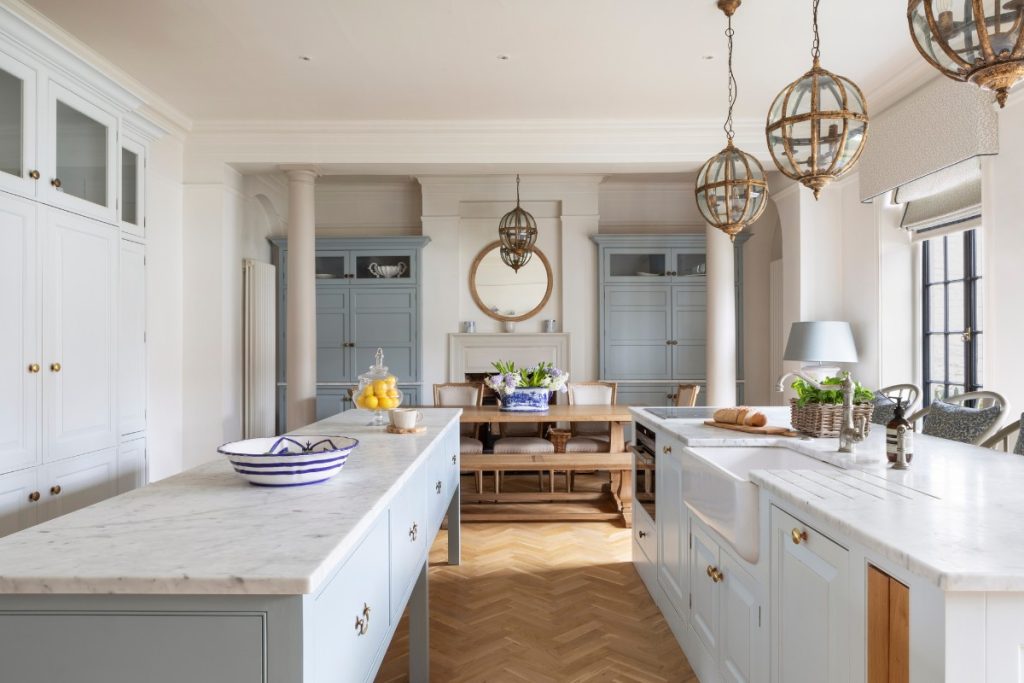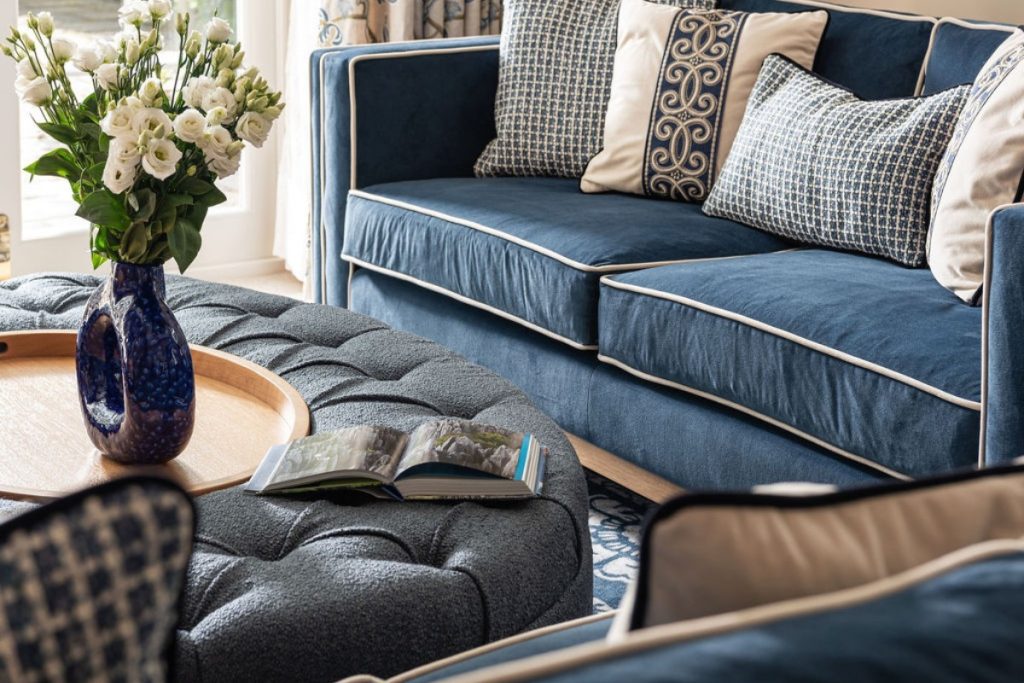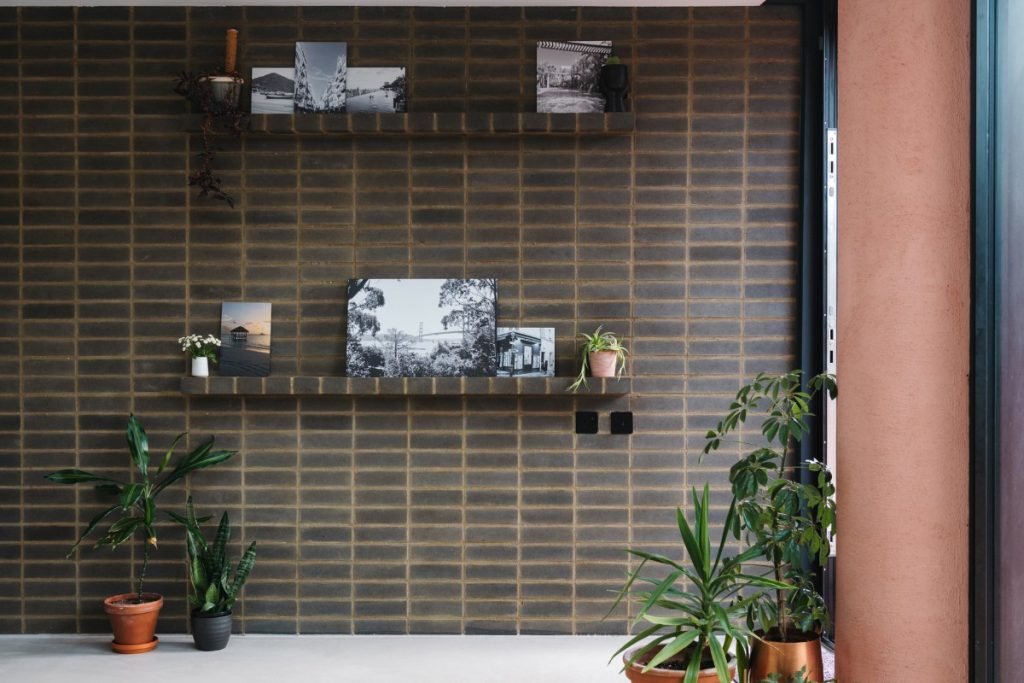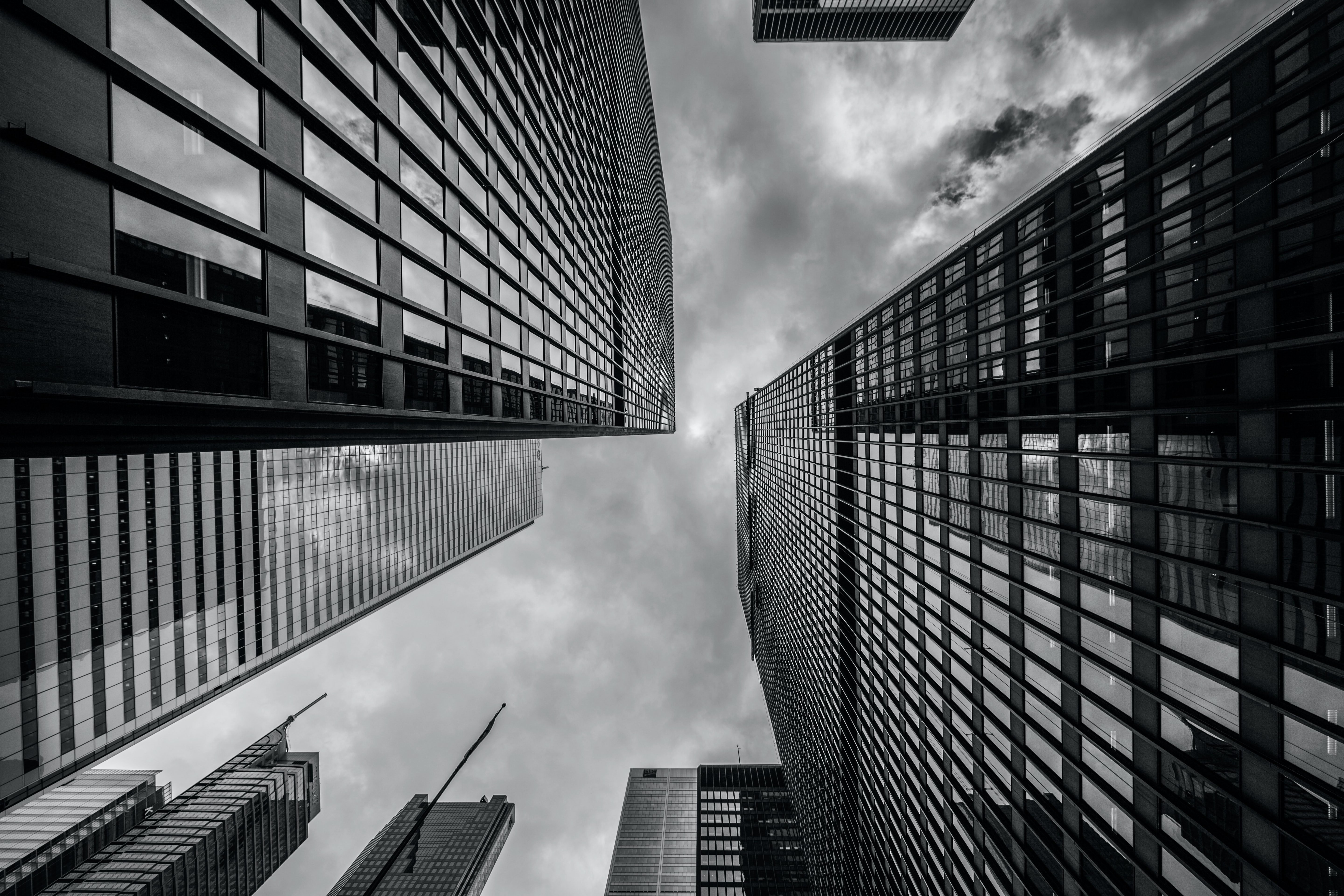 28th April 2020 | IN EXPERT INSIGHT | BY SBID
28th April 2020 | IN EXPERT INSIGHT | BY SBIDA Q&A with Frazer Macdonald Hay
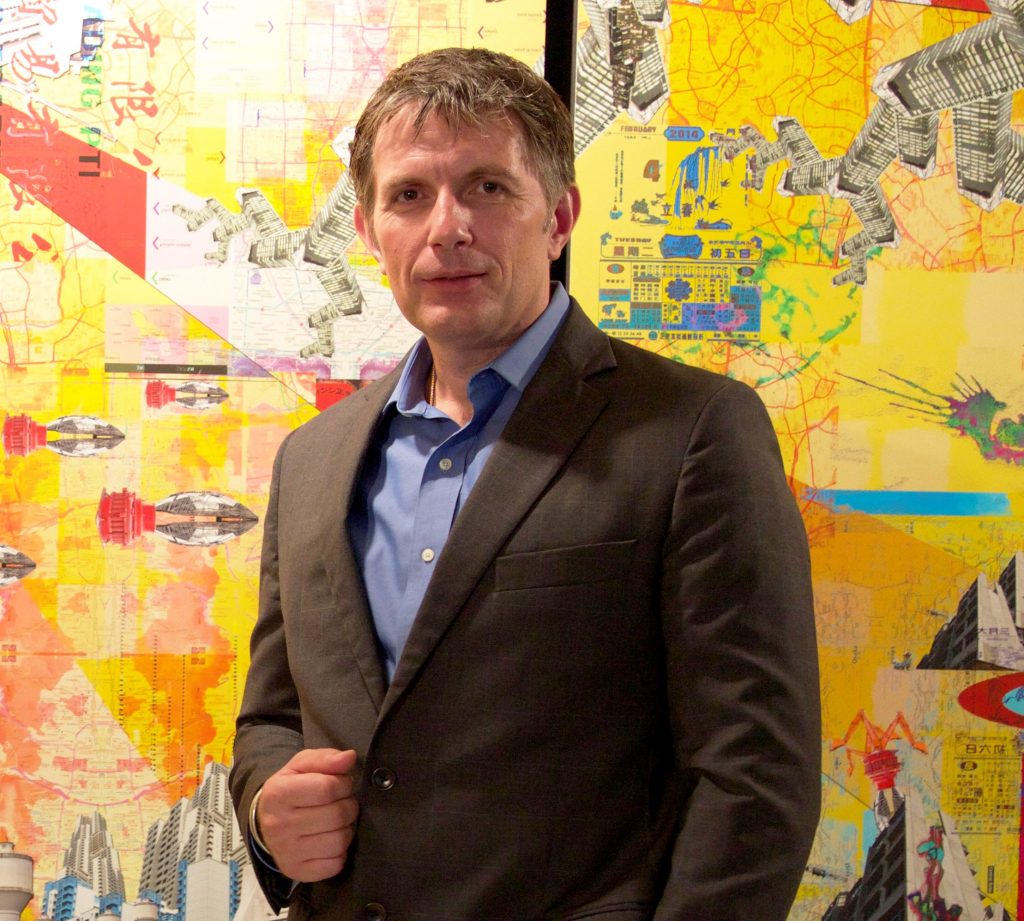
Frazer Macdonald Hay is an expert on the re-use of buildings and their impact on society. His experiences have helped him evolve from an apprentice glazier after leaving school at 16, to working on renowned architectural projects such as the new Scottish parliament and the Zonnestraalin in the Netherlands. Later becoming a successful published academic and the founder of Glasgow School of Art in Singapore.
In the last eight years he has focused on politics and international relations, working with the Orang Suku Laut in Indonesia and a UN agency in Iraq whilst researching everyday sites of violence in Mosul and Belfast; developing his own consultancy, Uniform November, specialising in Place, Peace and Political Violence.
When asked to describe his work, Frazer explained that he was primarily a person who works with the meaning and memories the built environment can resonate in communities. “I’m interested in how the places society creates, evolve and impact on people and their behaviour”.
Do places impact our sense of self?
Our lifeworld and the places therein are established reflecting our relationship with memory, either consciously or subconsciously. I believe these places that we experience are hugely important factors in the development of a sense of self or society, a sense of belonging and how people identify with themselves and others. These places are where lifeworlds are framed and contested. There is nothing that we do on this ‘mortal coil’, that is un-placed. Therefore, place and the memories it orchestrates are hugely important to you and me, and always will be.
Why are our memories so important?
Well, without memory we could not function even in the most simple ways. We wouldn’t remember where we live, our past, how to read, write or even walk, so in that way, memory tends to be honest and help us conduct our lives well. That said, it can betray us too, especially in times of stress and trauma. We often take memory and memories for granted, only realising their significance when they let us down.
In what way do our memories let us down?
It goes far beyond just forgetfulness or absentmindedness. They can lead us to remember things differently – we can be manipulated to remember things in another ways and with bias. According to psychologists, there are at least seven ways memory might betray us. Generally, it is important to understand that memory is not passive like a PC or video camera which reproduces the information in its original context; they are fragile, reflective, malleable and susceptible to a range of influences within and outside the brain. I have spent years working with the built environment and studying how people attribute buildings with memories and how these memories help to develop a sense of place.
What do you mean by the importance of place?
If you consider that nothing we do is unplaced, in other words we were born in a place, in fact we were conceived in a place; we can’t experience or remember something which isn’t ‘placed’. You might therefore ask yourself, why aren’t we more conscious of the places we create and the impact of those we have created?
In 1943, whilst addressing the nation with regards the rebuilding of the parliament building, Winston Churchill said, “First we shape our buildings, then they shape us”. Aristotle also explained that, “Whatever is true for space and time, this much is true for place: we are immersed in it and could not do without it. To be at all – to exist in any way – is to be somewhere, and to be somewhere is to be in some kind of place”. Finally, Hobbs wrote, “No man therefore can conceive anything, but he must conceive it in some place”.
How can place be used to our advantage?
Quite simply an authentic, skilled and mindful use of ‘place’ can help address climate change, migration, poverty, urban development and social cohesion – the list goes on…
For example, the re-use of existing buildings will maintain a community’s sense of place, orientation and a feeling of home, not to mention the ecological sense of retaining a building and its embodied energy. Even if the building has ethical and environmental intentions, it will take decades to repay the embodied energy lost in the process. By embodied energy, I mean the amount of labour and energy consumed in the fabrication of the building; from the harvesting of natural resources and the manufacture and delivery of materials, to the installation of these materials and products within. It also includes the energy required to demolish and remove building components. Working to manage the embodied energy reflects a cradle-to-grave philosophy and is critical to any sustainable approach in managing and conserving our culturally significant built environment.
Another example might be the work I have done in Iraq, highlighting the importance of place in war torn communities full of emotional entanglement and trauma. Reporting to the United Nations how certain everyday buildings in Mosul can perpetuate hostility and amplify trauma. Surfacing the dangers of top down reconciliation through redevelopment, whilst local communities contend with places full of the memories of violence…
What does the future of place look like?
If we don’t take place more seriously, I feel we risk living in homogenous surroundings, dictated by economics and technocratic means. There are exciting aspects of the future. The virtual place is growing, the cyber place, the intangible places created by social media which connect communities around the world and inform so many people will evolve as our current interests in knowledge, technology and science seems limitless. I worry though, just like memory, place is only really considered properly ‘once the wheels fall off’. In times of adversity, ‘place’ reveals its integral importance to positive living, as critical in framing social and mental condition, promoting social cohesion and belonging. In many ways place is a rare and precious phenomenon, common to all, a bonding vocabulary which begins as home.
Therefore, the future needs a revolution, a change in how we conceive and manage our places and the conditions they create.
Speaking of places. What is your favourite?
Home – or perhaps, more randomly, the rainbow café in Eilat. I doubt it’s there now, but when I was there in the 90s, it was ‘the’ place where you would go in the morning to line up against its rubble wall and tout for labouring work before the day warmed up. Other builders would drive by and select healthy specimens to do a hard day labouring for them on site! In the evening, once dropped off back at the wall, exhausted, content and dirty, the warm café would be the place to sit with comrades, watch the sunset and share stories.
